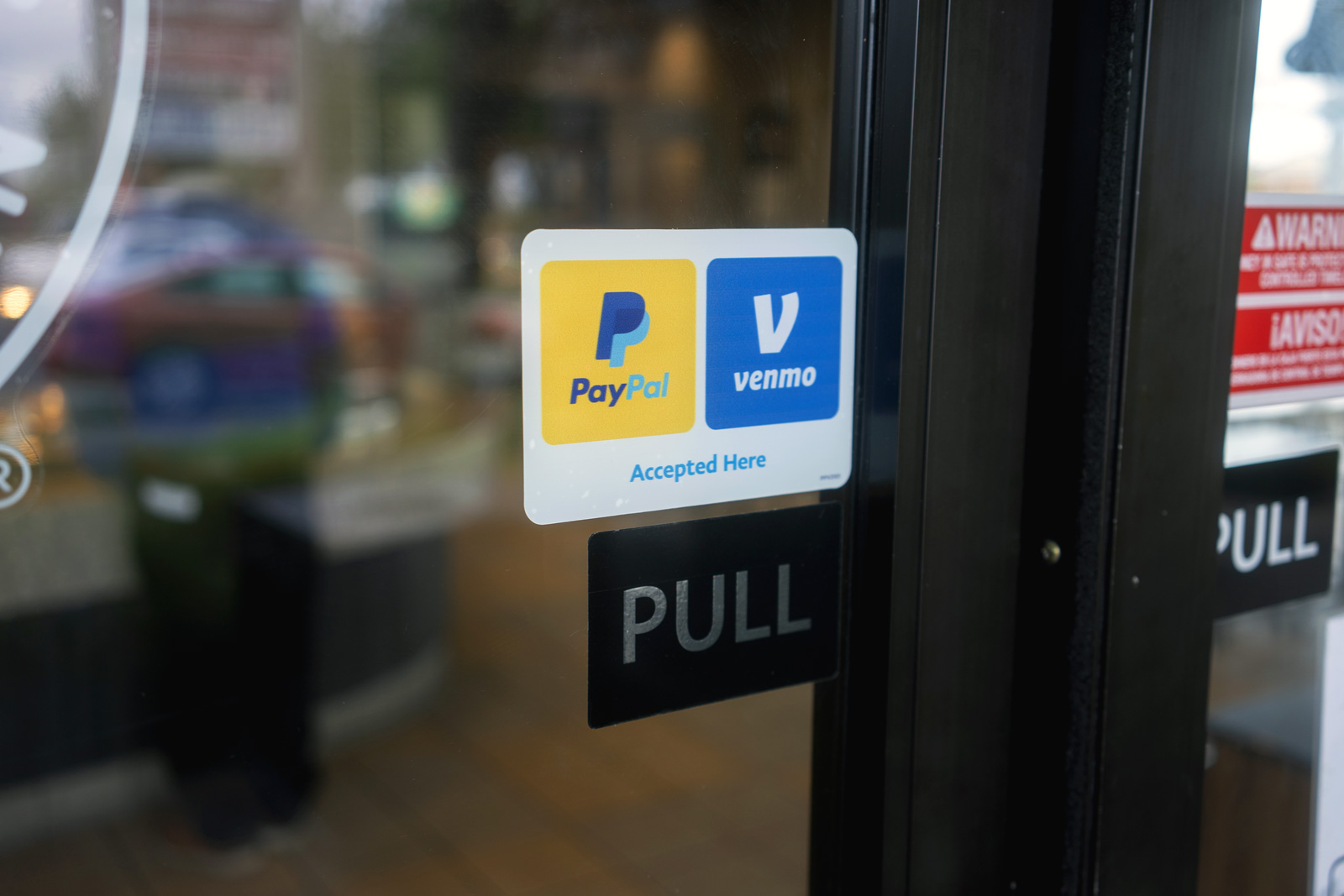A Deep Dive into Money Transmitter Bonds

What are money transmitter bonds?
Money transmitter bonds are contracts that ensure professionals who work as money transmitters provide honest and ethical services to customers. The bond protects both the public and the state financially from money transmitters that may steal or misuse customer funds. This bond is required in all but a few states.
Money transmitters serve their customers by selling, delivering, and issuing electronic payments, money orders, traveler’s checks, or check cashing. Common examples include businesses like PayPal, Venmo, and Western Union.
To become a money transmitter in your state, you will likely need a license. And to get your license to operate legally in most states, you’ll need a surety bond.
Depending on where you live, this bond could go by one of the following variations:
- Money transmitter bond
- Money transmission licensee bond
- Money services business bond
- Check seller bond
- Sales of checks bond
- Money order sales bond
- Money remitter bond
Some states also require buyers to purchase a money transmitter bond if they want to transmit cryptocurrency. In this case, the bond may go by “cryptocurrency bond” or “Bitcoin bond.”
Get Your Money Transmitter Bond:
Quick Takeaways
- Money transmitter bonds are contracts that ensure relevant businesses provide honest and ethical services to customers.
- Money transmitters may sell, deliver, and issue electronic payments, money orders, traveler’s checks, check cashing, and the like.
- These bonds help protect your customers and the state in which you operate.
- They’re considered higher risk than many other license and permit bonds, so it may be challenging to get bonded if you have poor credit.
How do money transmitter bonds work?
Like other surety bonds, money transmitter bonds are three-party agreements involving:
- A money transmitter (principal)
- The local or state agency that requires the bond (obligee)
- The company that underwrites and backs the bond (surety)
These bonds protect the state in which you operate and your customers. They promise compensation if your business acts unethically or unlawfully or violates the surety bond contract in any way that costs another party money.
If you commit a violation and your customer suffers for it, they have the right to file a claim against your money transmitter bond. When this happens, you may have the opportunity to resolve the problem before the issue intensifies. If you don’t, your surety company may cover the costs involved in settling the claim. In the end, however, you must pay back the surety for every penny.
How much does a money transmitter bond cost?
The cost of your bond will be a small percentage of the total bond amount you need. This bond amount may depend on several factors:
- Your state requirements
- Your transaction volume the previous year
- The number of business locations you have
The greater the volume and number of locations, the larger your required bond amount may be. Therefore, the cost to you could vary greatly depending on our circumstances.
Generally, you’ll pay a small percentage (1-3%) of the bond amount if you have an excellent credit score. If you don’t, you could pay a more significant portion. For example, if the required bond amount is $50,000 and you only need to pay 2%, your bond premium would be $1,000. Sureties may also consider other factors like your financial statements and industry experience when quoting your premium.
Any business that transmits or transfers payments or money from one party to another needs this bond (if required in their state). This may include ecommerce retailers, money services businesses, and wire transfer businesses. Check with your state to determine your licensing and bonding requirements.
Most states require money transmitters to obtain a license before they can operate legally. And a surety bond is often required as part of the licensing process. Bonds can help mitigate risk and ensure businesses comply with industry standards and regulations.
Check your state and federal (Financial Crimes Enforcement Network) requirements to learn how to become licensed in your particular state.

Get a Money Transmitter Bond in Your State
We can help you find the right surety bond for your money transmitter business. ZipBonds offers the fastest and most secure option for getting bonded. Our all-digital platform is intuitive and straightforward. Apply online or call us at 888-435-4191 to speak with an agent directly.
About ZipBonds.com
Founders Ryan Swalve and Zach Mefferd formed the vision for ZipBonds.com when they realized how overly complicated it was to help clients place surety. The frustration of being unable to incorporate the technology they’d used in other insurance-focused projects left them thinking “there has to be a better way.”
Fast forward a couple of years, and that better way is the impetus of everything we do at ZipBonds. We constantly look for innovative ways to improve the bonding process for our clients and agents. Our team comprises individuals who understand all angles of surety – for companies, agencies, and individuals. Incorporating everyone’s point of view to improve the process while simultaneously integrating cutting-edge technology is what sets our business apart.

